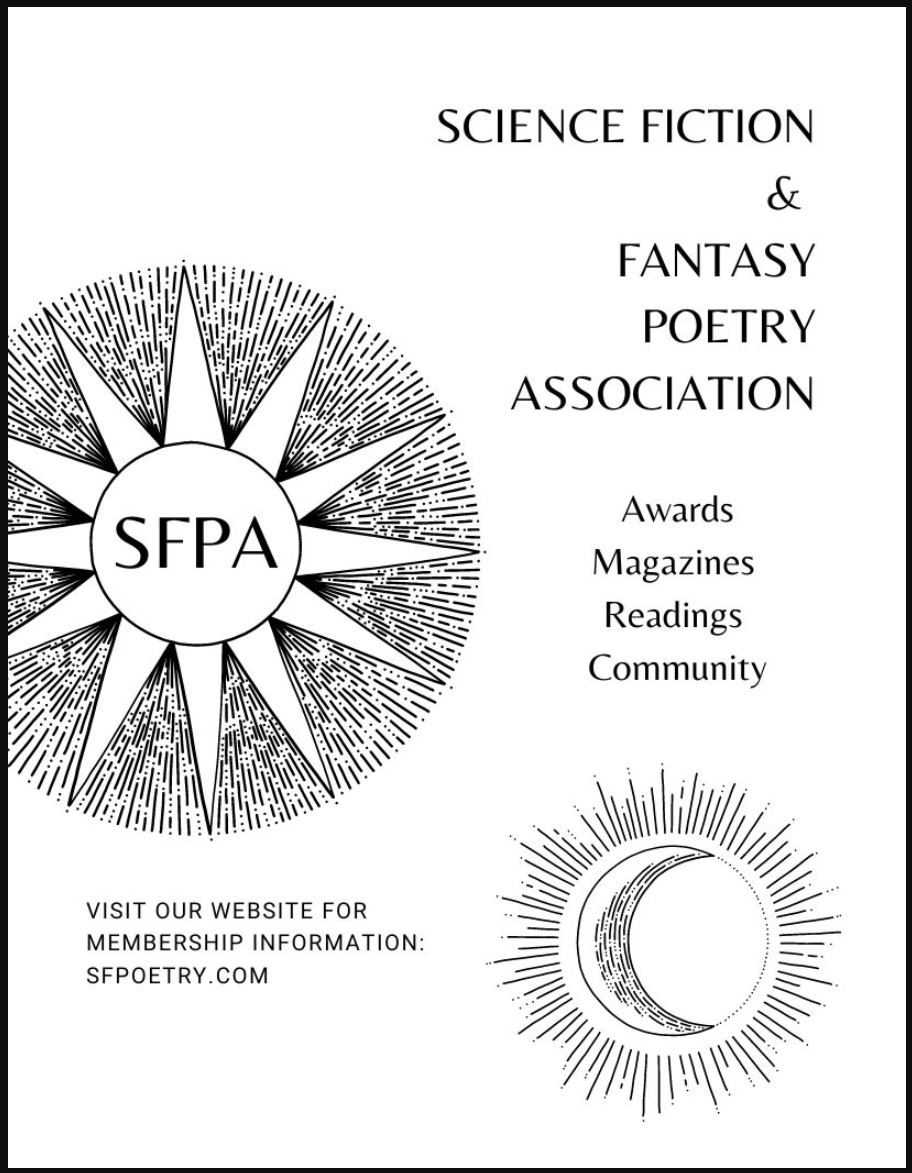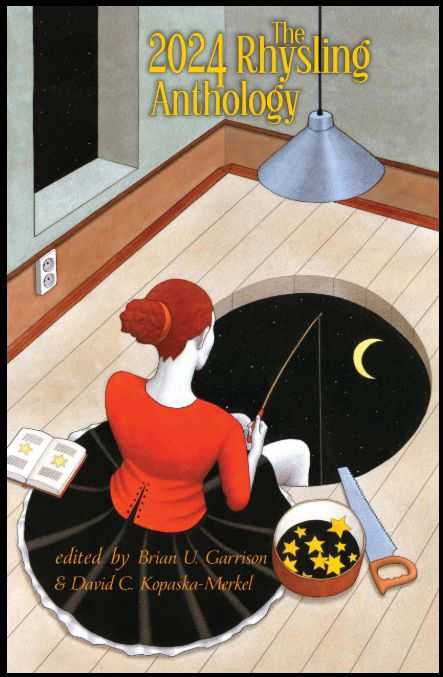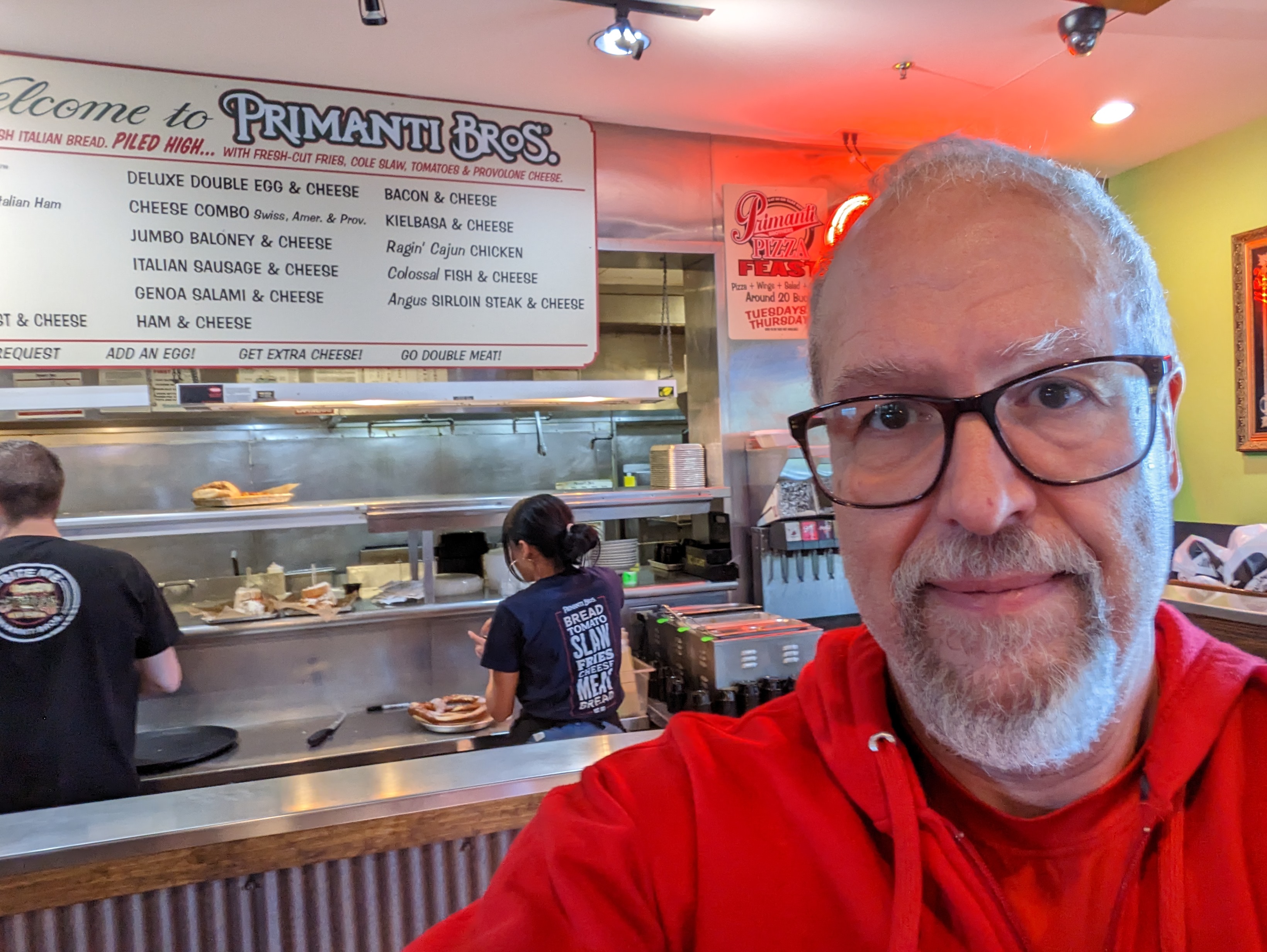An Essay on SpecPo Awards by Herb Kauderer


In these emotionally charged times it is easy to forget that some words are horrible applied one way, and fine used another way. For example, my old friend Harry Stubbs suffered the negative side of bias when he felt it necessary to write his speculative fiction under the pen name Hal Clement due to discrimination against our genre. I suspect many of the people reading this have felt some of the bias against nerds, certainly I have. At the same time Hal had his own bias that speculative fiction should start with rigorous hard science. The literary and character parts came second. He never insisted that I write that way, and whenever I talked with him about stories he was happy to chide me for not knowing more practical and hard science. He knew I enjoyed the exchanges because I kept coming back for more with a smile. For the record, I have soft science degrees. Also for the record, Aristotle strongly believed all fiction started with the plot. We could have fun all night discussing where best to start stories and poetry.
Similarly, my friend Phil Klass (who wrote as William Tenn) faced antisemitism, an evil version of bias. This involves another of those two way words: discrimination. Discrimination, especially based on unfair bias, is evil. And yet, as poets and readers of poetry, we hope to have discriminating tastes, so that we don’t get lost in the swamp of mediocrity. In writing speculative fiction, Phil had a strong bias toward sophisticated stories through which the authors participated in the scholarly dialogue. He often extolled the intellectual lifestyle and our ability to form a community by answering each other’s speculative creations. He wrote very different stories than Hal, but they all fit under our umbrella. And even though my friends Hal and Phil have departed this physical reality, I can still have conversations with them as I am doing in this essay.
In recent times the Science Fiction & Fantasy Poetry Association (SFPA) has made some changes to their award processes to reduce inappropriate bias. Notably, it is no longer legal for a member to nominate a work for the Rhysling if it is written by a close family member. This certainly makes sense to me. I have a large family that could easily flood nominations should they, or I, think that a good idea. That would be an unfair advantage assuming they are biased toward my work. At least, I hope they would be biased in favor of my work. My family is always surprising.
Another point of discussion is whether members should share all their eligible poetry. The SFPA facilitates members making their eligible poetry available to each other. Since the membership nominates and votes on the awards, this does cause some preference to members. Yet, in my experience members also recommend to each other poetry outside SFPA’s member packets, because we are happy to nominate and give awards to non-members’ poetry if it moves us. F.J. Bergmann has convinced me to be generous in what I share in Rhysling packets even though some members feel flooded by them. Yet I appreciate David C. Kopaska-Merkel’s caveat that I can exclude anything that I am uncomfortable seeing nominated. I may not know what others find to be my best poems, but I definitely know what I’m comfortable allowing to represent my best work.
There has also been a discussion about whether a poet should be able to vote for themselves once nominated. As I have been fortunate to be nominated on multiple occasions, I have had to deal with this often. I know that my opinion of my own work is biased. I labored over it, marketed it, and probably included it in my members’ Rhysling packet; I’d better have liked it a lot. It would be easy to recuse myself in all cases for my obvious conflict of interest. Yet the charge is to vote for the poem I believe is the best. Most of the time that poem (or book in the case of the Elgins) is not one written by me. But sometimes it is. I wish I were not able to vote for myself as the ability leaves me in a quandary trying to navigate by own bias. So far the membership chooses to allow me to vote for myself. I will continue to attempt to work through that self-bias on a case by case basis. I’ve also heard it expressed that having some members recuse themselves from voting for themselves while others don’t makes for an uneven competition. This is another reason to consider eliminating the option, but as previously noted, I am biased against being able to vote for my own works because it would make my life simpler to not have the option.
I am not allowed to nominate my own works for the Rhysling, but I can nominate works I bought as editor. I have never done so. I am happy to recommend things I bought, just as I am happy to post a Rhysling packet of my writings as a form of self-recommendation or promotion. For the 2022 Rhyslings, I was fortunate enough to have four poems I wrote nominated, and four poems I bought as editor nominated. I nominated none of them. It seems to me that I have already expressed my appreciation for a poem if I buy it, and leaving it for others to nominate is a little bit of oversight. I was allowed to vote for any of them, written by me, or bought by me, which I’ve already established is something I’m not really comfortable with. At least two publishers have told me they maintain SFPA memberships to nominate books they have published for the Elgin. I don’t know that this is any better or worse than the Pushcart Prize nomination process, but I do wonder if it causes them any problems wondering what to nominate from their own offerings.
For the record, I often recommend poems to other members looking for something to nominate, and I do so without reference to who wrote them or if they are members. I am writing this draft five days before the Rhysling nomination deadline in 2025 and many worthy poems have already been nominated; but many members hope there are more to find. Sometimes finding the great poem that’s been overlooked becomes a fun game akin to a scavenger hunt for superior SpecPo. I tend to look at all the members offered packets of poetry, and also to note strong works from my reading and reviewing.
We all have poets we particularly enjoy, and we each have our bias in what poems we prefer, and perhaps also in how we judge them. For example, as much as I sometimes love poems working with existing myths and folklore (and as often as I write them myself), they are always a little less impressive to me than poems that create a whole new universe from scratch. Of course I’ve nominated and voted for poems based on myths and folklore many times, but for me they have to work just a little bit harder.
Every year I make a list of my approximate top ten for each category of the Rhyslings (and Dwarf Stars, and Elgins). It is rare for a top three finisher to not be in my top ten. This suggests that while the voters may have a broad range of biases, in the end we have some agreement on what is exceptional. In writing this article, I looked back over my list of top tens for about the last ten years, and my lists of nominations and votes, and something else became clear. I have a strong bias toward Canadian SpecPo.
Please understand that a poem’s Canadianness is not part of my selection process. I often like and nominate a poem and find out only afterwards that the author is Canadian. In fact, for 2020 I nominated a poem by a poet I’d never read before and have never read afterward. It tied for third place in the short category and I later found out he was Canadian.
That I should have a bias toward Canadian SpecPo may be the most explainable thing about me. I have lived my whole life in Western New York on the border of Canada. Both my grandfathers lived in Canada for a time, with my Italian grandfather learning his English working the shipyards of Toronto before WWI. I have a French-Canadian daughter and a French-Canadian ex-wife who is a scholar of Franco-Canadian speculative writing. Perhaps more directly relevant to SpecPo is that I have a PhD in Canadian Studies. I have many friends and some relatives from all over eastern Canada. Clearly I am attuned to the music of both Canadian English and French.
I attend conventions in the northeast of the continent and I have met and listened to many poets from both sides of the border. This is another source of bias. I believe poems that are heard have a proportionately higher likelihood of being nominated. I applaud SFPA’s efforts to offer more audio of poems. Amazing Stories tries to include audio of the poems it publishes.
In the end, I have been part of many award processes and I find SFPA’s to be quite good, particularly as they are still evolving rather than becoming static. I’ve shown you my biases toward newly created universes, Canadian SpecPo, and poems I’ve heard read out loud. Soon enough you’ll show me yours when I read the Rhysling Anthology which is always a treat. The Dwarf Stars and Elgins will follow. Good luck!

Herb Kauderer is an English professor at Hilbert College near Buffalo, NY. Thousands of his poems have published. His most recent chapbook is Words Begat Words. He often walks the shores of Lake Erie stealing poetry from seagulls only to lose it in the ceaseless wind.
Poet? Publisher? Reviewer? We review speculative poetry! Send a query to SpecPoReviews@gmail.com and we'll take it from there.

New to THE SPECk? Want more? Go to this happy place and subscribe to THE SPECk; the SFPA Insider Newsletter. It’s free. https://mailchi.mp/d1224ca996e9/thespeck

The SFPA is a global poetry organization supported and sustained by its members. It is celebrating its 45th anniversary. Becoming a member of the SFPA not only helps us continue to connect speculative poetry to the world, but is also comes with some pretty cool benefits.
Joining is easy! Visit: http://sfpoetry.com/join.html

One thought on “Award Season: Show Me Your Bias”